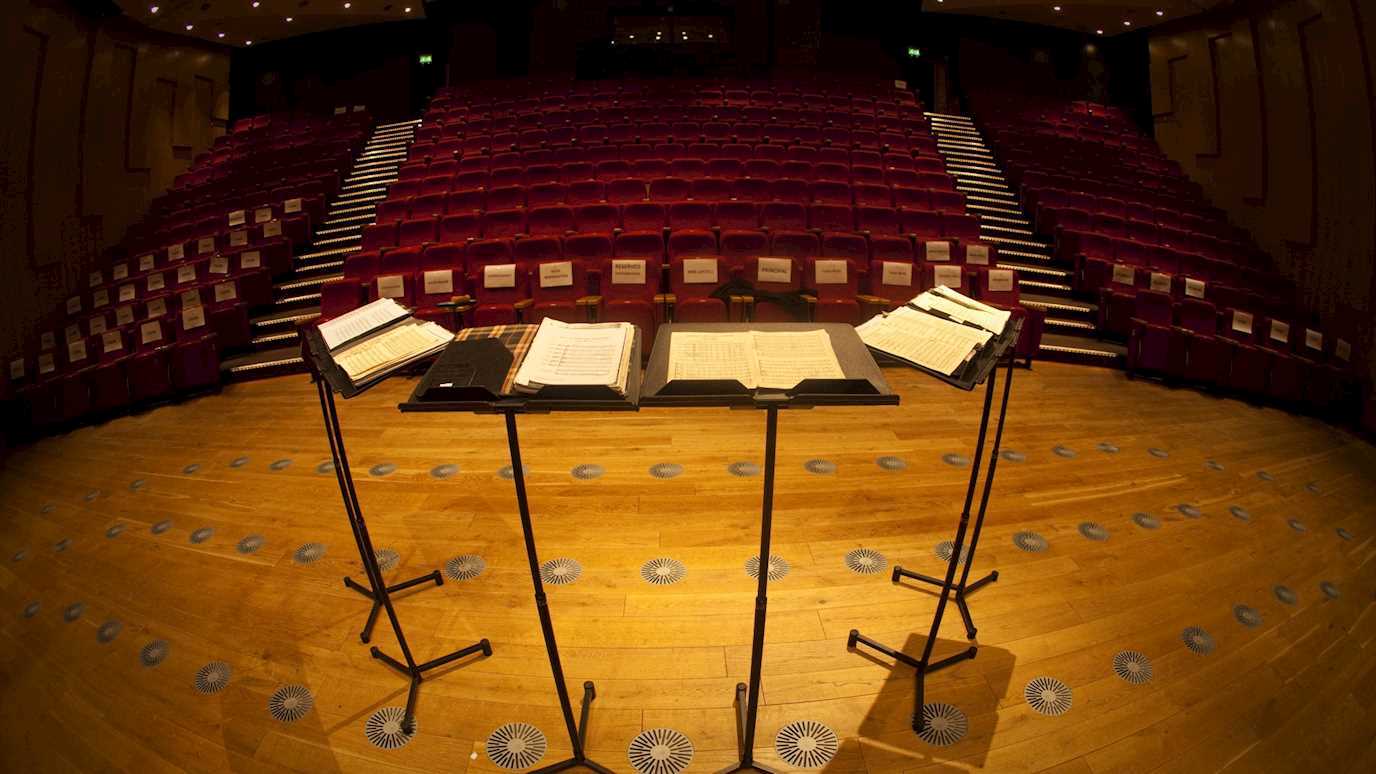Silver Stars and Silver Screens: Song and the Transition to "Part-Talkie" Role-Playing Games
Video games of the late 1990s enticed players with a range of technological innovations—including the introduction of the human voice into the previously text-based medium. Historical narratives tend to portray the coming of voice as an overnight phenomenon. Yet, like cinema’s transition to sound in the 1920s, the changeover to voice was a messy, multiyear process of experimentation that resulted in a variety of hybrid approaches to sound design. Focusing on the role of diegetic song performances, this talk traces parallels between Japanese Role-Playing Games (JRPGs) of the 1990s and “part-talkie” films of the late 1920s. In both media, titles were frequently released in multiple formats either simultaneously or within a short span of time, often with wildly varying amounts of music and spoken dialogue, with the result being a remarkably fluid text. Moreover, in film as well as games, diegetic song performances provided both a seamless way to introduce the human voice for short periods, and an aesthetic justification for doing so in the first place. Using the Sega CD JRPG Lunar: The Silver Star (1992) and its PlayStation re-release Lunar: Silver Star Story Complete (1996) as a case study, I illustrate the importance of the sung voice at this pivotal point in game history, as well as its long-lasting impact on JRPGs as a genre. On a broader scale, I join with other scholars in demonstrating the enduring historical interconnectedness of films and video games.
William Gibbons is Associate Professor of Musicology and Associate Dean of the College of Fine Arts at TCU, where he teaches courses in contemporary music history and culture. His interdisciplinary research explores topics including musical canons and repertoires, as well as the history and interpretation of music in multimedia.
His newest book, Unlimited Replays: Classical Music and Video Games (Oxford University Press, 2018), examines the complex relationship between these two media from a variety of perspectives, addressing topics from the prominence of classical music in early game soundtracks to the rise of orchestral game music concerts. At its core, this book is a study of what “classical music” means in today’s media-rich culture. His 2013 book Building the Operatic Museum (University of Rochester Press) addresses similar topics in a very different time and place, exploring issues of nationalism and historicism culture through the evolution of the modern operatic repertoire in France.
In addition to these books, Gibbons has published numerous journal articles, book chapters, and reviews on these and other topics in media and opera studies. In 2014 he co-edited the essay collection Music in Video Games: Studying Play for Routledge Press, and is currently co-editing a second volume for Routledge, Music in the Role-Playing Game: Heroes & Harmonies, to be published in 2019.
Also in high demand as a public speaker, Gibbons has been invited to present lectures at universities and conferences across the United States and Europe. Closer to home, he frequently collaborates with arts organizations in the Dallas-Fort Worth Metroplex, including the Dallas Symphony, the Dallas Winds, the Fort Worth Civic Orchestra, WRR Radio, and the Fort Worth Opera Festival. He also performs as a collaborative pianist, most recently performing concerts in the US and France as part of the Ataraxia Duo, an ensemble dedicated to commissioning and performing contemporary works for flute and piano.
Further information
Location: Wettons Terrace, Room 001
Tickets
Attendance is free – all welcome, no booking required.
Book tickets























